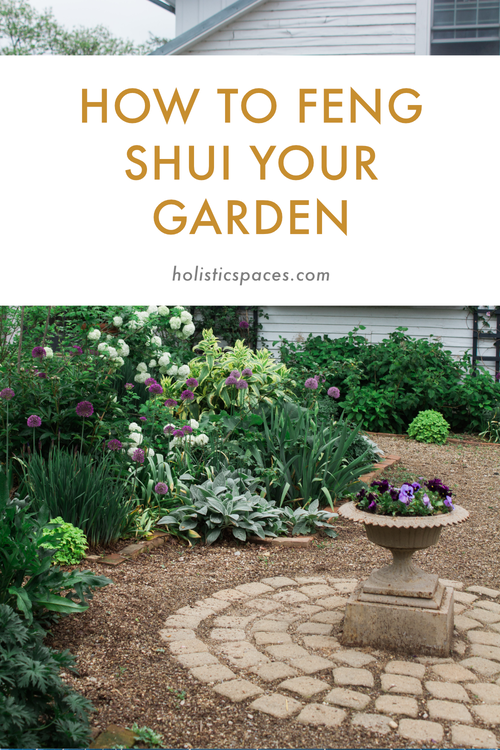Photo by Prudence Earl on Unsplash
There is a lot of conflicting information out there about feng shui and plants. I also get a lot of questions about how to work with plants in the home, so I wanted to share my perspective and help clear up some of the confusion around three common misconceptions that I hear a lot:
MISCONCEPTION #1: It's not good to have plants in the bedroom because they release a lot of CO2 at night.
Plants do release CO2 at night, but the amount is trivial, and many plants also continue to produce oxygen at night as well. If you're worried about the air in your bedroom getting stale, try opening some windows.
MISCONCEPTION #2: Plants in the bedroom are disruptive.
Plants have a special type of qi (life force energy) that is about growth and vital energy. They encourage us to move onwards and upwards. Your bedroom represents you, so any feng shui changes you make here can have a big impact. Plants in the bedroom might be just what you need, especially if you're feeling a little stuck or lethargic. If you're worried about having plants in your bedroom, try taking them out for a few days and see how you feel. If you notice that you sleep better without the plants, honor that, but in the school of feng shui that I practice and teach (BTB feng shui) there's nothing wrong with having plants in the bedroom.
MISCONCEPTION #3: Spiky plants are always bad feng shui.
If you're going out to get a new plant for a feng shui adjustment, something with soft, rounded leaves is generally best. However, if you have a spiky or thorny plant that you love, don't throw it out! Plants are living beings, so we'd recommend treating them with love. Also, not everything in your home needs to be a feng shui adjustment.
I hope these guidelines are helpful as you consider plants for your space! Keep in mind that there are no absolute rules in BTB feng shui. My teachers taught me that the best feng shui solution for you depends on your unique circumstances…and if you're feeling confused, it's always a good idea to work one-on-one with a practitioner.
If you’d like to learn more about feng shui, check out Mindful Design Feng Shui School at: www.mindfuldesignschool.com



